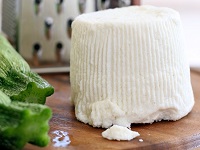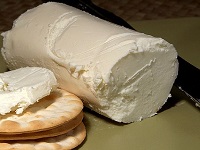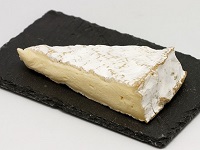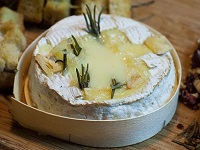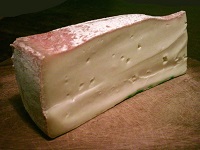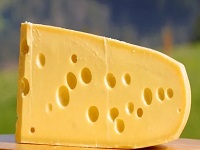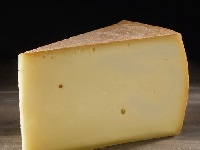Narince (Turkey)
Narince is one of Turkey’s most important historic white wine.
Narince Flavors
The aroma profile contains Lime, Orange, Grapefruit, Pineapple, Quince, Flowers, Herbs, and Almonds.
Lemon |
Lime |
Orange |
Grapefruit |
Pineapple |
Quince |
Pear |
Honesuckle |
Acacia |
Basil |
Almond |
Mineral |
Flavors from Maturation and Aging
Vanilla |
Honey |
Caramel |
Walnut |
Narince Profile
Narince wines are typically medium-bodied, with bright acidity:
| SUGAR: | Dry (3 g/l) |
| BODY: | Medium |
| FRUIT: | High |
| ACIDITY: | Medium - High |
| ACOHOL: | 11.5-13.5% |
| Serving temperature: 8-10°C (46-50°F) Young: Best enjoyed within 1–3 years. Aged: Ages well for 5+ years. | |
Narince Food Pairing
Narince’s vibrant acidity and subtle fruitiness make it a versatile food wine.
It also pairs well with flavorful, rich, salty, oily, and spicy food.
Olive Oil |
Salad |
Vegetables |
Seafood |
Calamari |
Sardines |
Fish |
Pasta |
Pizza |
Sushi |
Maki |
Excellent Pairings
Turkish Cuisine.
Mediterranean. Thai. Indian. Mexican.
Grilled Vegetables and Green Salad.
Vinegar or Citrus Dressing.
Seafood. Grilled White Fish.
Shrimps. Prawns. Calamari. Squid.
Fish Soup. Fish Pie.
Paella. Tomato-based Pasta and Pizza.
Salmon. Gravlax. Sushi. Sashimi. Ceviche.
Turkish mezes (Haydari, Ezme, Stuffed grape leaves).
Light Poultry. Lemon Chicken. Herb-roasted Turkey.
Sharp Ingredients. Anchovies. Capers. Olives.
The Ideal Glass for Narince
A Tulip Shaped Glass with a slightly smaller bowl can be suitable for various dry white wines.
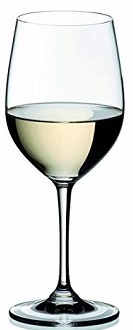
|
The glass guides the wine to the center of your mouth, avoiding the sides where acidity is less pleasant.
A smaller bowl also helps to serve smaller quantities, and keep the wine cold. It also helps if you hold the glass by the stem! |
Narince Cheese Pairing
Pairing Tips
Opt for cheeses with moderate saltiness and creaminess to balance the c's acidity.
Also try to add fresh fruits (grapes, apples, pears), nuts (almonds, walnuts), and a light drizzle of honey to enhance the pairing experiment.
Fresh and Mild Cheeses
Ricotta: Especially good if served with a drizzle of honey or fresh fruits.
Goat Cheese (Chèvre): The tanginess complements the subtle fruit notes found in Narince.
Soft Cheeses
Brie: The creamy texture and mild flavor work beautifully with c.
Camembert: Similar to Brie but with slightly more earthy.
Fontina: Its nutty, buttery qualities make a good match.
Semi-Soft Cheeses
Gruyère: Mildly nutty and sweet, enhancing the a subtile Narince.
Swiss Cheese: Narince has a refreshing acidity and floral aromas, which complement the nutty and slightly sweet flavors of a Swiss Chese.
Asiago: Lightly aged Asiago adds a complementary tang.
If You Like Narince
You May Also Like:
The Narince Grape
Narince is one of Turkey’s most important indigenous white wine grapes, known for its delicate floral aromas, balanced acidity, and aging potential.
The name means "delicate" or "graceful" in Turkish, which reflects the elegant nature of the wines it produces.
Narince originates from Tokat, a province in Northern Anatolia, near the Black Sea. The region’s continental climate, with warm days and cool nights, helps the grape retain acidity and aromatic complexity.
In addition to Tokat, Narince is also cultivated in:
- Cappadocia (high-altitude vineyards, mineral-driven wines)
- Denizli & Aegean region (warmer, fruitier expressions)
- Thrace & Marmara (cooler climate, fresher styles)
Narince wines are typically medium-bodied, with bright acidity and a combination of floral, citrus, and mineral notes. It can be fresh and crisp when unoaked or develop complex, nutty flavors when aged in oak.
Like Chardonnay it is a flexible grape that can be made into a variety of styles from aromatic and steely when aged in stainless steel, to complex and creamy with flavors of vanilla, caramel, and toasted nuts when aged in oak.
Narince is unique among Turkish white grapes because it has good aging potential, allowing it to develop richer flavors over time.
Narince is often blended with Chardonnay or Emir for added texture and complexity.
Narince is a beautifully aromatic and food-friendly white grape, often compared to Pinot Grigio or Albariño for its floral elegance and crisp acidity. Whether enjoyed young and fresh or aged for complexity, it showcases the unique terroir of Anatolia and is a must-try for anyone interested in Turkish wines.
